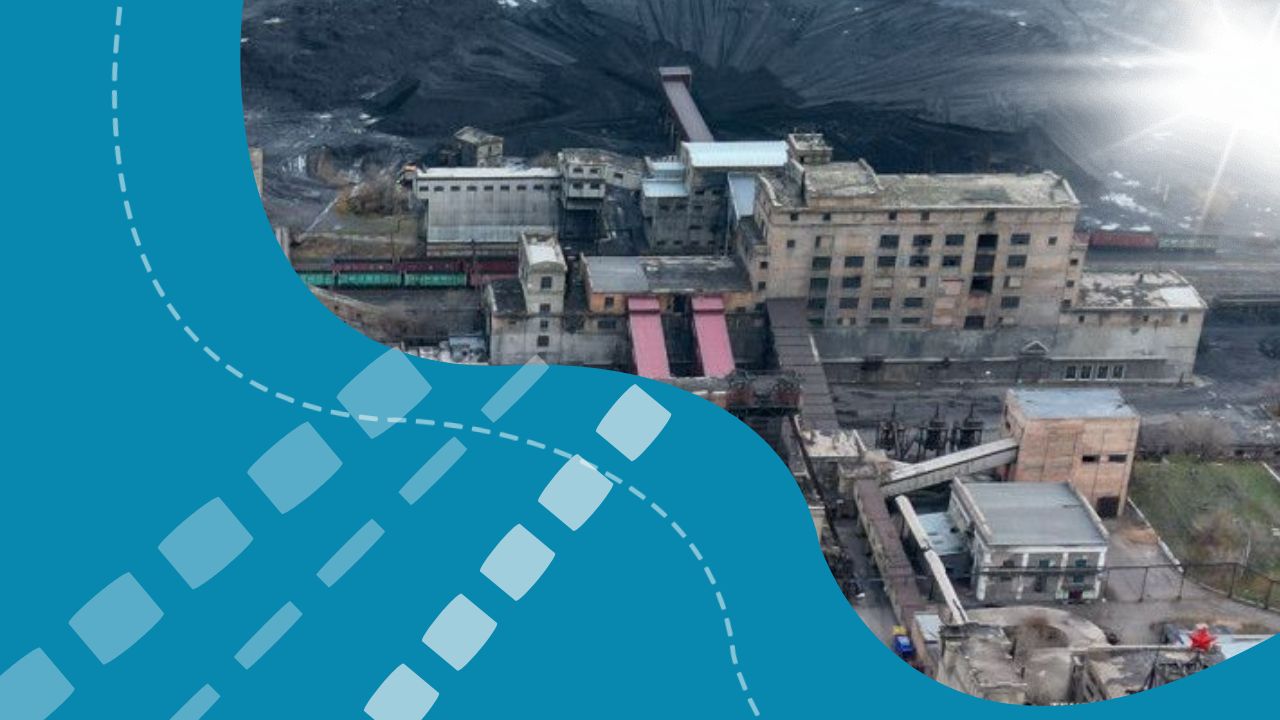Germany is poised to emerge as a significant buyer of Australian lithium in efforts to reduce its reliance on Chinese imports. During a recent visit to Australia, German Foreign Minister Annalena Baerbock emphasized the need to diversify the nation’s lithium supply chain, particularly in light of past political tensions stemming from reliance on Russian fuel during the Ukraine conflict. Baerbock highlighted the current circuitous route of lithium, originating in Australia, then exported to China for processing before being re-imported, advocating for direct importation from Australia to strengthen ties between democracies and free markets. Australian Federal Resources Minister Madeleine King echoed similar sentiments, advocating for Australia’s dominance in the international critical minerals sector and urging European markets to prioritize ethical and sustainable sources for critical minerals. The Federal Government’s ‘Resources and Energy Quarterly’ (REQ) for March 2024 projected a substantial increase in Australia’s lithium mine production by 2029, driven primarily by the growing demand for electric vehicles (EVs). With Europe leading the EV market expansion, Germany’s initiative to diversify its supply chain with Australian lithium sets a precedent for other international markets, paving the way for a promising future for the commodity.
Source and Credit: australianmining.com.au

